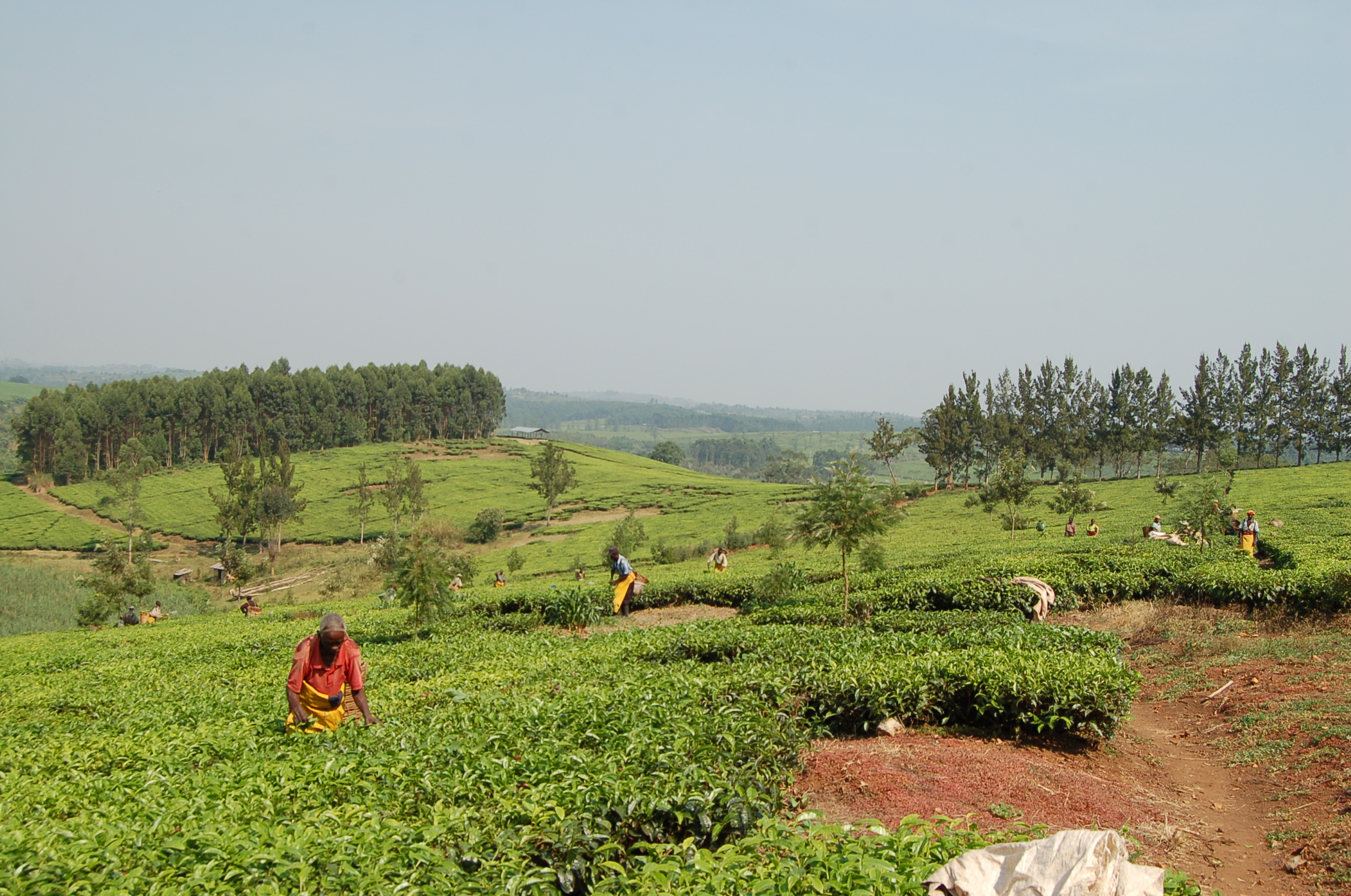In a bid to streamline tea production and marketing, Kabarole district local government will soon start geo-mapping of all tea plantations in the district.
Michael Kisembo, the focal person for the Agro-Industrialization for Local Economic Development (AGRI-LED) project in the district says this will enhance the quality of tea produced in the district.
AGRI-LED is a presidential initiative that is being implemented in the Rwenzori region, beginning with the FY 2019/2020. It aims at empowering local governments to reduce poverty and enable sustainable wealth creation at a local level by facilitating business-oriented development, especially in the Agriculture sector.
Kisembo said the geo-mapping project will include recording coordinates and acreage of each farm, after which farmers will be assigned digital codes. The codes will be used to track each batch of tea in order to determine the quality of tea being sent in by each farm.
“According to surveys, the prices for teas of Ugandan origin have dropped on the world market due to reduced quality,” Kisembo said.
In response, Kisembo revealed, the government has set aside Shs 500m not only for geo-mapping of farms, but also to avail tea farmers with credit facilities, including for fertilizers, and to establish an e-voucher paying system.
In his remarks, Kabarole district LC V Chairperson, Richard Rwabuhinga said despite Kabarole and Kyenjojo districts being among the first tea-growing areas in Uganda, they have no record of all the tea farmers nor of the sizes of their tea farms.
“This geo-mapping project will help the district create a tea databank of the number of farmers engaged in tea-growing, and what their respective farm acreages are,” Rwabuhinga said.
He added that there is need for government to strengthen tea regulations if the issue of poor tea quality is to be addressed.
Erisa Kakyomya, the Director, Rusekere Tea factory in Hakibale sub county Kabarole, district blamed the declining quality of tea in Uganda on the collapse of the country’s regulatory body for the beverage.
Kakyomya said that most of the tea production guidelines are not being adhered to because of lack of a regulatory body.
“Tea companies are competing for green leaf because some don’t even have their own tea gardens. Both the farmers and the tea companies are doing whatever they want, unregulated,” Kakyomya said.
Another leader in the sector, Chris Tushabe, Director of Karobwa tea factory in Kabarole, called for the reorganization of Toro’s private sector so that if may be effective in pushing for needed reforms.
Tea is one of Uganda’s top exports, raking in 89 million dollars in 2018, according to data from the Uganda Bureau of Statistics (UBOS).
